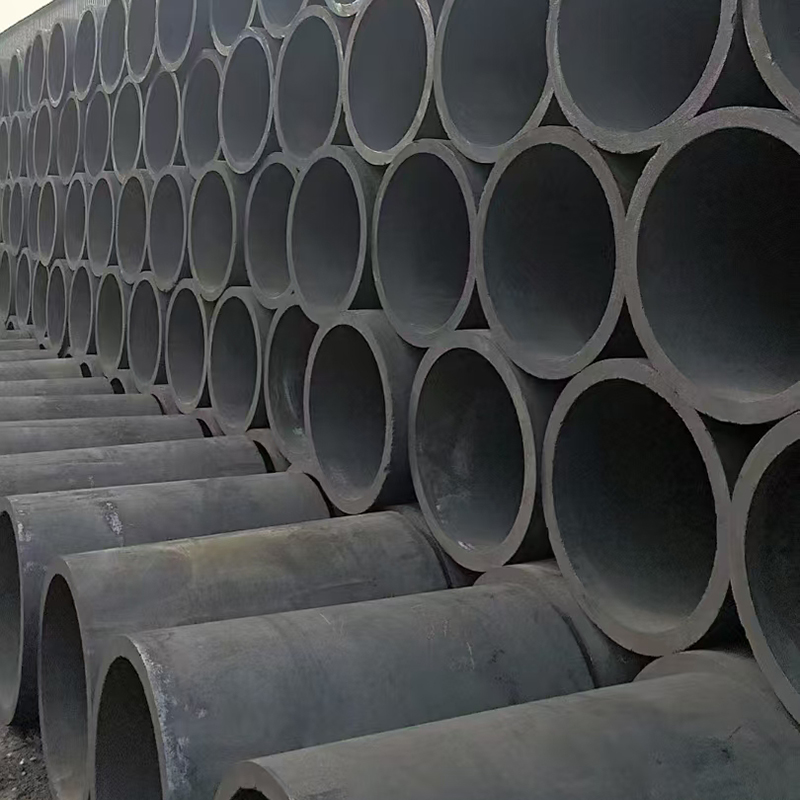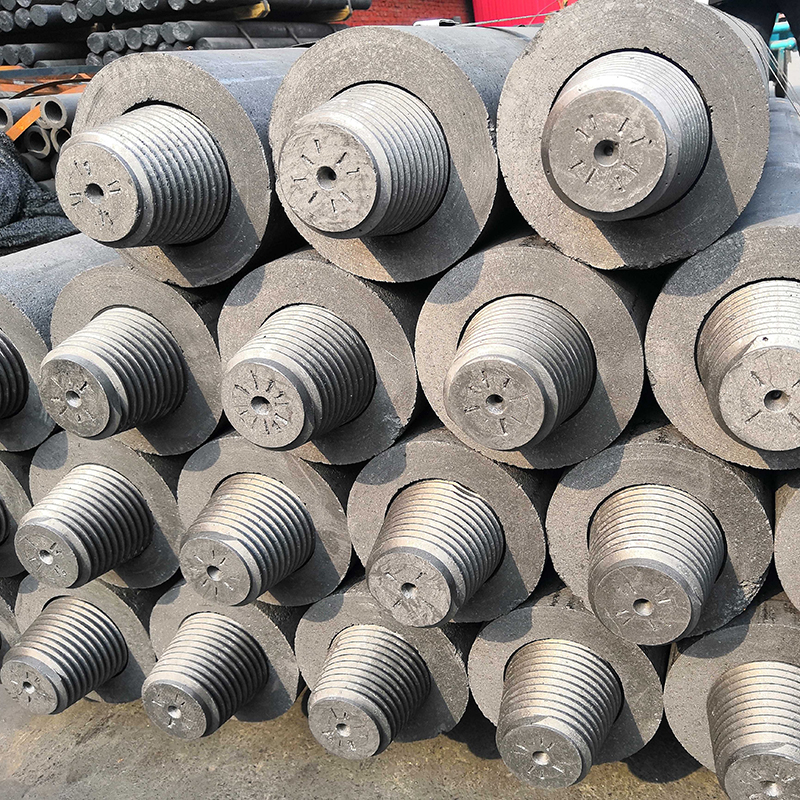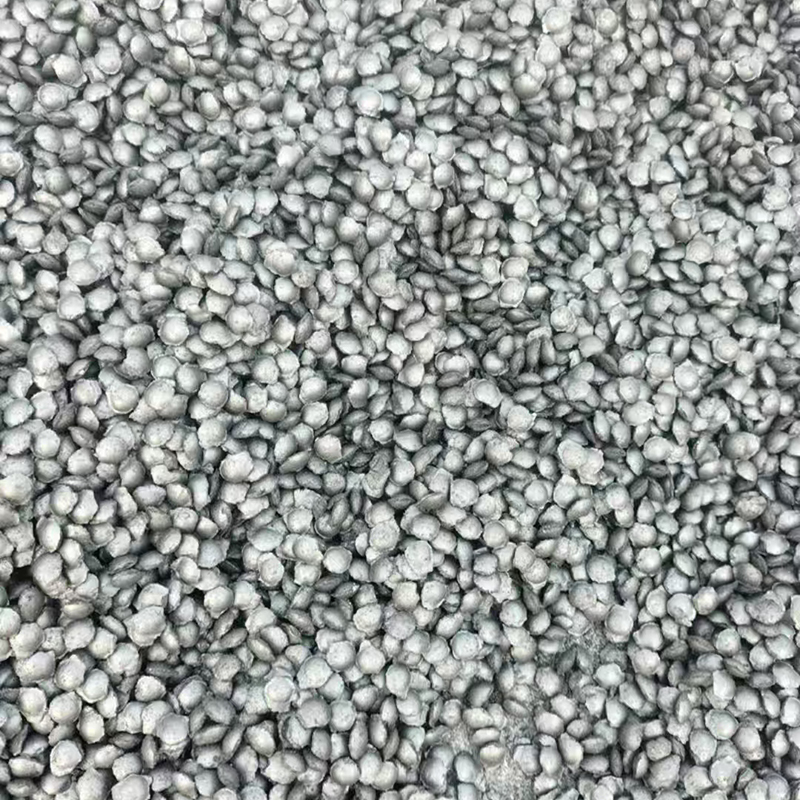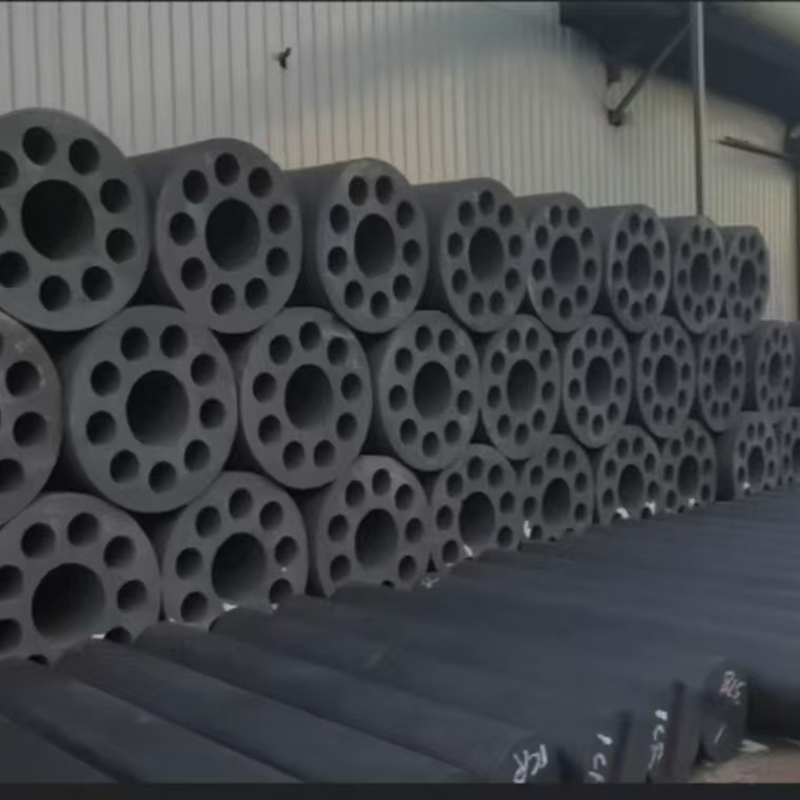- Chinese
- French
- German
- Portuguese
- Spanish
- Russian
- Japanese
- Korean
- Arabic
- Irish
- Greek
- Turkish
- Italian
- Danish
- Romanian
- Indonesian
- Czech
- Afrikaans
- Swedish
- Polish
- Basque
- Catalan
- Esperanto
- Hindi
- Lao
- Albanian
- Amharic
- Armenian
- Azerbaijani
- Belarusian
- Bengali
- Bosnian
- Bulgarian
- Cebuano
- Chichewa
- Corsican
- Croatian
- Dutch
- Estonian
- Filipino
- Finnish
- Frisian
- Galician
- Georgian
- Gujarati
- Haitian
- Hausa
- Hawaiian
- Hebrew
- Hmong
- Hungarian
- Icelandic
- Igbo
- Javanese
- Kannada
- Kazakh
- Khmer
- Kurdish
- Kyrgyz
- Latin
- Latvian
- Lithuanian
- Luxembou..
- Macedonian
- Malagasy
- Malay
- Malayalam
- Maltese
- Maori
- Marathi
- Mongolian
- Burmese
- Nepali
- Norwegian
- Pashto
- Persian
- Punjabi
- Serbian
- Sesotho
- Sinhala
- Slovak
- Slovenian
- Somali
- Samoan
- Scots Gaelic
- Shona
- Sindhi
- Sundanese
- Swahili
- Tajik
- Tamil
- Telugu
- Thai
- Ukrainian
- Urdu
- Uzbek
- Vietnamese
- Welsh
- Xhosa
- Yiddish
- Yoruba
- Zulu
- Kinyarwanda
- Tatar
- Oriya
- Turkmen
- Uyghur

Graphite Electrodes: A Deep Dive into Applications and Properties
2025-05-31
Graphite Electrodes: A Deep Dive into Applications and Properties
This comprehensive guide explores the versatile applications of graphite used as electrode materials, delving into their unique properties, manufacturing processes, and diverse industrial uses. We’ll examine why graphite is the preferred choice for various electrochemical processes and discuss the key factors influencing electrode performance. Discover the advantages and limitations of using graphite electrodes in different applications and explore future trends in this critical area of materials science.
Understanding the Properties of Graphite Electrodes
Exceptional Electrical Conductivity
Graphite used as electrodes excels due to its inherent high electrical conductivity. This property is crucial for efficient charge transfer in electrochemical systems. The layered structure of graphite allows for the easy movement of electrons, minimizing energy loss during electrochemical reactions. The conductivity of graphite can be further enhanced through specific treatments and modifications, improving its performance in demanding applications. Different grades of graphite offer varying levels of conductivity, allowing for tailored selection depending on the specific application.
Chemical Resistance and Stability
Another key advantage of graphite used as electrodes is their resistance to chemical attack. This makes them suitable for use in corrosive environments and with a wide range of electrolytes. However, the chemical stability can vary depending on the specific type of graphite and the operating conditions. For instance, highly oxidizing environments might necessitate the use of specialized graphite formulations with enhanced resistance to oxidation. The selection of appropriate graphite is essential for ensuring long-term stability and performance in the target application.
Thermal Stability and High Temperature Applications
Graphite used as electrodes often finds applications in high-temperature environments. The material’s high thermal stability allows it to withstand extreme temperatures without significant degradation, making it ideal for processes like aluminum smelting and other high-temperature electrochemical operations. The thermal conductivity of graphite also plays a crucial role in maintaining consistent temperature distribution throughout the electrode, preventing localized overheating and improving operational efficiency.
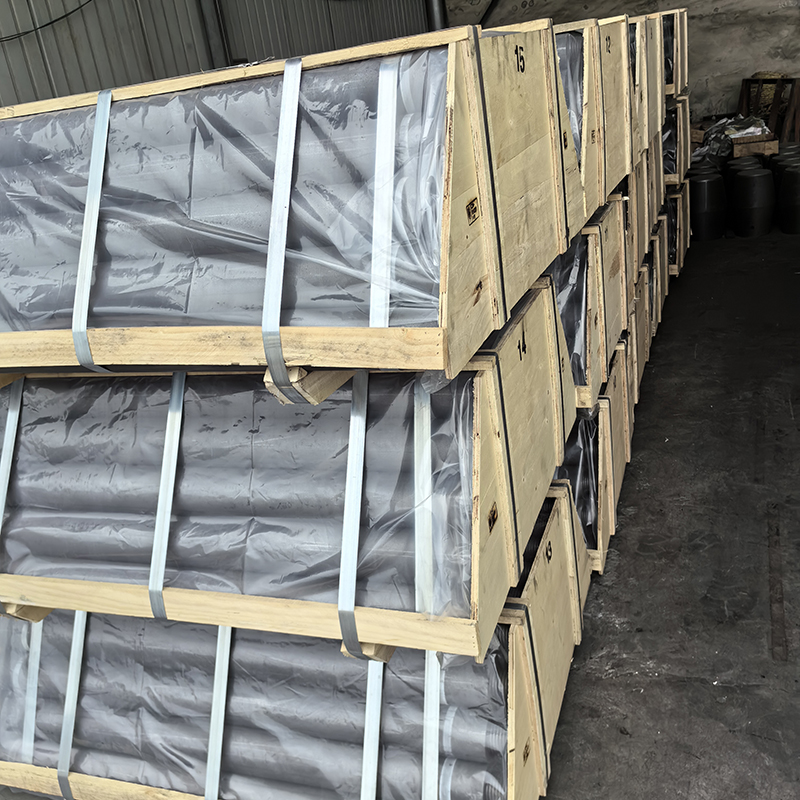
Applications of Graphite Electrodes
Electrometallurgy
A significant application area for graphite used as electrodes lies in electrometallurgy, particularly in the production of aluminum, magnesium, and other metals. Here, the electrodes facilitate the electrolytic reduction of metal oxides, leading to the extraction of pure metals. The high electrical conductivity and chemical resistance of graphite are critical for efficiency and longevity in these demanding processes. The specific type of graphite selected will depend on factors such as current density, electrolyte composition, and operating temperature.
Electrochemical Energy Storage
The burgeoning field of electrochemical energy storage relies heavily on high-quality graphite used as electrodes in batteries and supercapacitors. Graphite’s ability to intercalate ions allows it to store and release charge efficiently, contributing to high energy density and power capabilities. Extensive research is ongoing to further enhance the performance of graphite electrodes in this area, particularly focusing on improving cycling life and rate capability. Advanced techniques such as surface modification and doping are employed to enhance graphite electrode performance.
Other Applications
Beyond electrometallurgy and energy storage, graphite used as electrodes are employed in various other applications, including:
- Electroplating
- Water treatment
- Electrochemical sensors
- Fuel cells
Choosing the Right Graphite Electrode
The selection of an appropriate graphite electrode depends heavily on the specific application. Factors to consider include:
- Desired electrical conductivity
- Required chemical resistance
- Operating temperature
- Current density
- Electrolyte compatibility
For high-quality graphite electrodes, consider contacting Hebei Yaofa Carbon Co., Ltd., a leading manufacturer specializing in customized graphite solutions for various industries. Their expertise in providing high-performance electrodes ensures optimal efficiency and longevity in your electrochemical processes.

Conclusion
Graphite used as electrodes plays a pivotal role across numerous industrial sectors. Their unique combination of properties – high electrical conductivity, chemical resistance, and thermal stability – makes them indispensable in diverse applications. Continued research and development aim to further enhance the capabilities of graphite electrodes, driving innovation in areas such as energy storage and electrometallurgy. Choosing the right graphite electrode is crucial for optimal performance and efficiency, and considering the expertise of experienced manufacturers like Hebei Yaofa Carbon Co., Ltd. can ensure the selection of the most suitable material for your specific needs.







